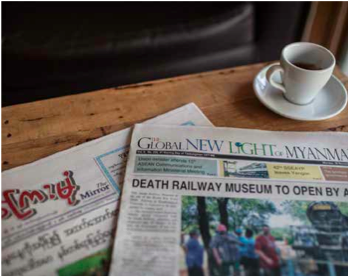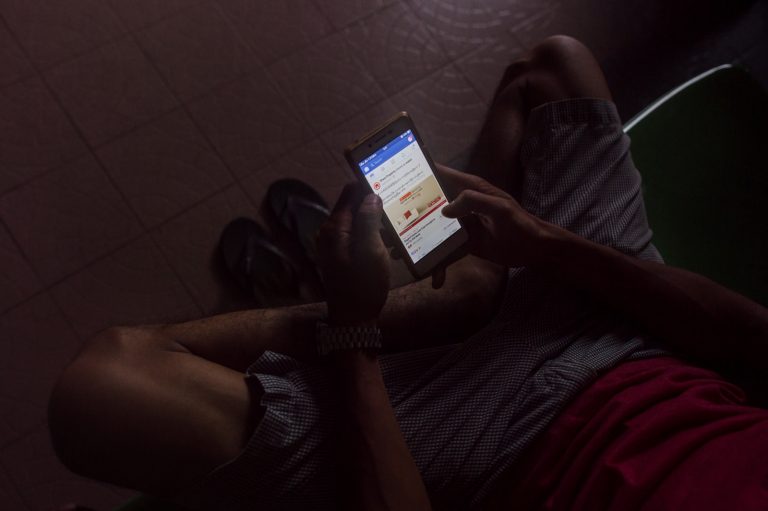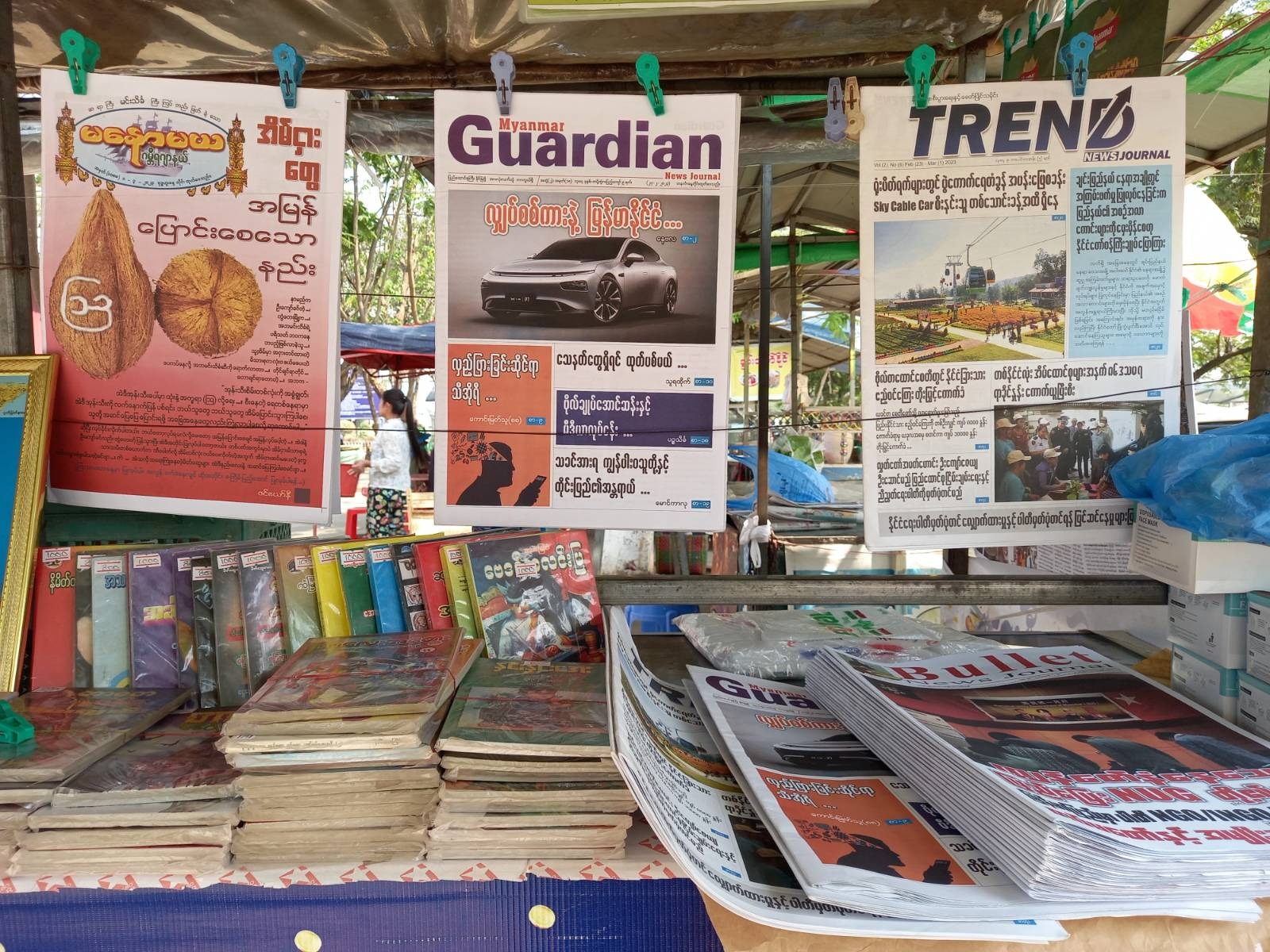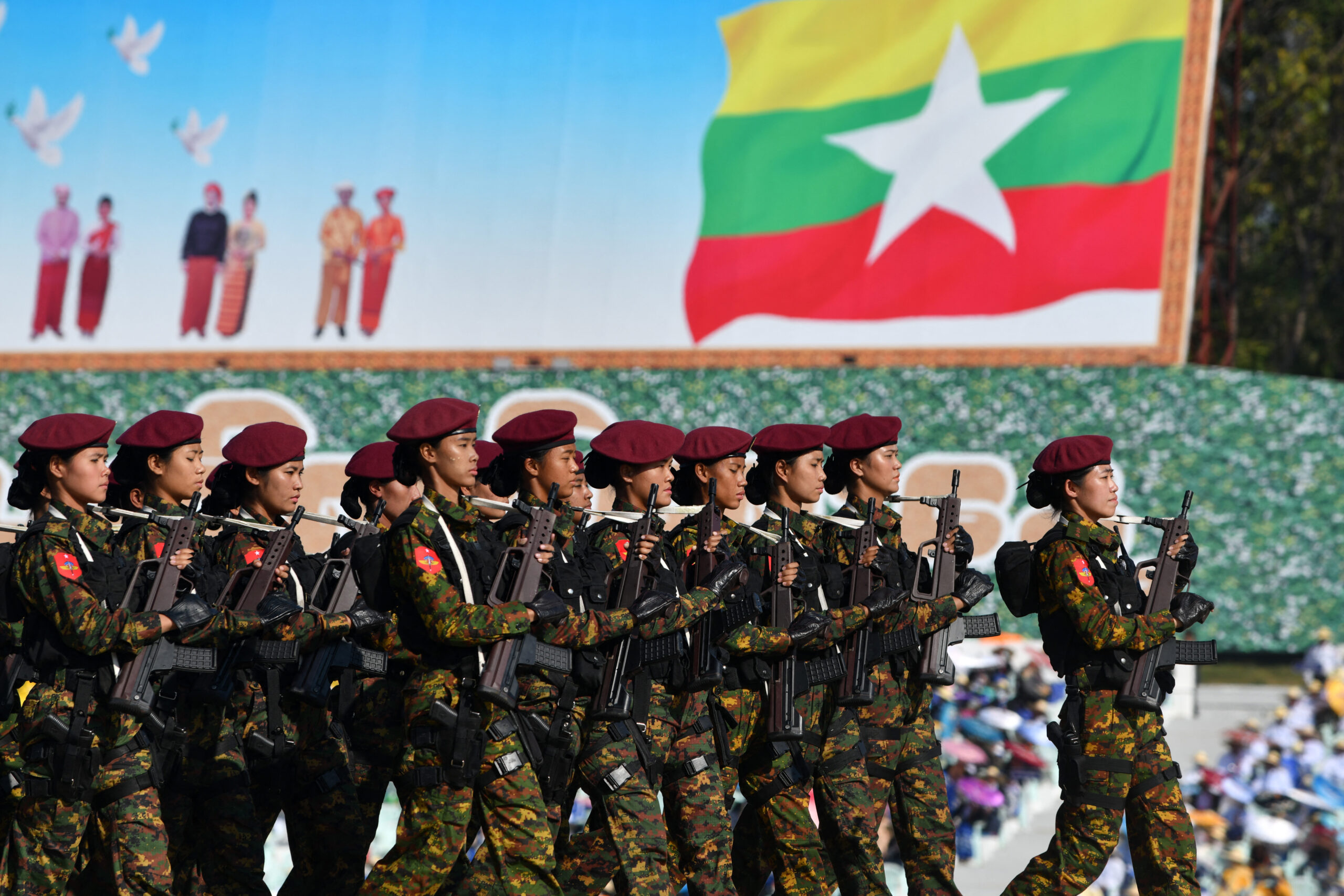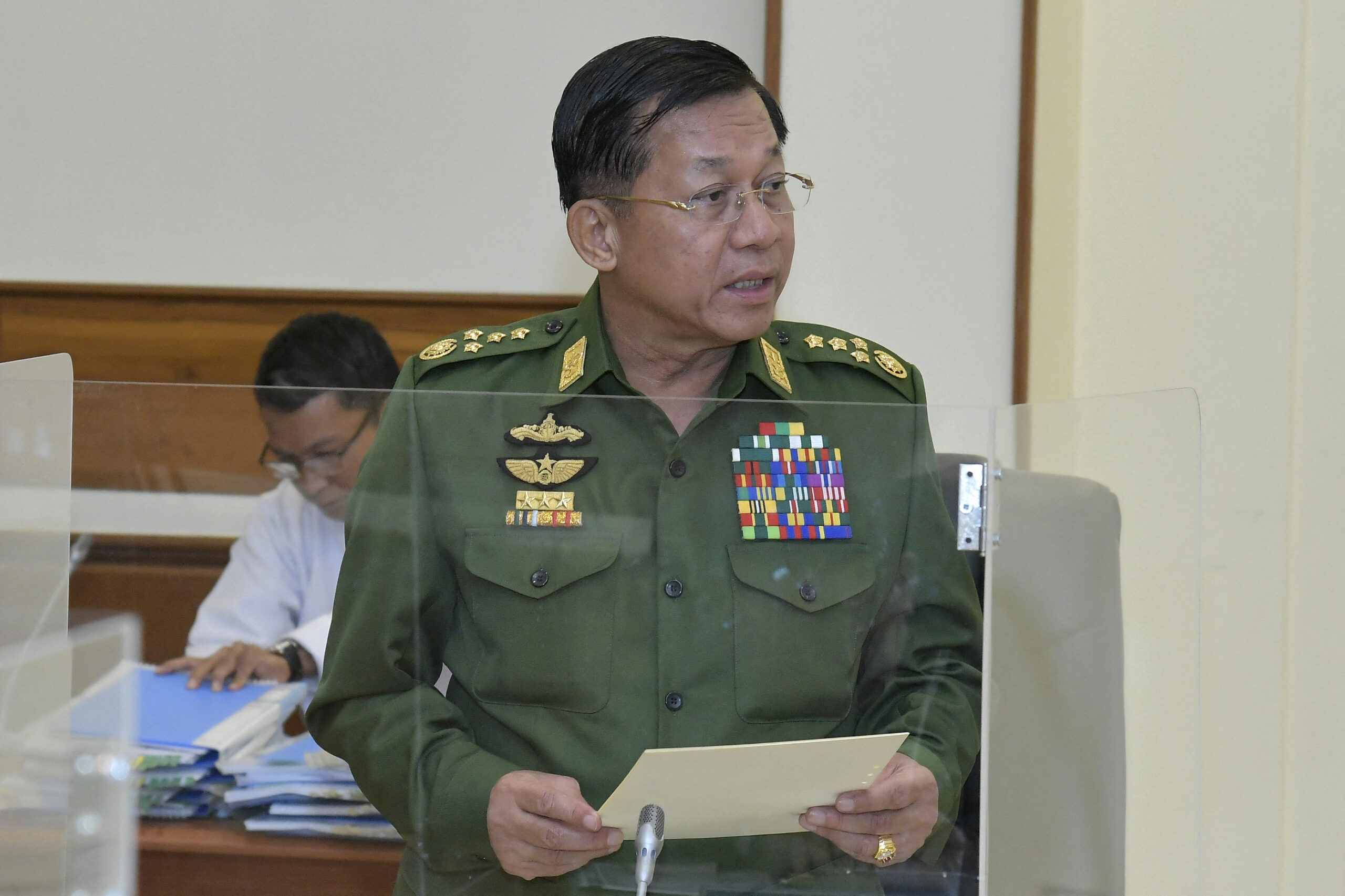State-run newspapers have spent most of the last 25 years excoriating or ignoring Daw Aung San Suu Kyi. Can they survive an NLD government?
By JOSHUA CAROLL & MRATT KYAW THU | FRONTIER
The most derided newspaper in Myanmar is trying to shed its reputation as an evil regime mouthpiece, so it has hired a group of foreigners.
For the last few months three new recruits – an American and two Australians – have been quietly helping the Global New Light of Myanmar with its mission to liberalise and appeal to readers amid new competition.
Oppressively dull pieces about the movements of government officials or the minutiae of onion farming in Pyawbwe are still a mainstay, but now there are also folksy, well-penned feature stories on subjects including a dilapidated Yangon bowling alley and an entrepreneur who makes lovely rattan furniture.
And there is a social page, featuring pictures from wild expat parties and glitzy corporate ceremonies, often accompanied by sarcastic captions that are a world away from the stiff propaganda of the old days.
“The paper is changed and its works are in full swing,” declares the publication’s website. The GNLM needs to be “more attractive and people-oriented,” it adds.
“There are still a lot of things to improve,” said Jessica Mudditt, an Australian consulting editor who joined the paper after working in Myanmar as a freelance reporter, “but the desire is there to make it a better newspaper and continue to improve it.”
Critics see the changes as superficial. “In reality, it’s still propaganda for the current government,” said Ko Han Thar, a co-founder of Kamaryut Media, a popular independent Myanmar-language news service.
“They haven’t changed much even after promising reform a year ago,” he added. The title re-launched last year under a joint venture with a private company, but the Ministry of Information retains 51 per cent of the company, and reporters and editors still take direct orders from the ministry.
Soon, though, that ministry will be under the control of those it once vilified with vicious propaganda. In the days of direct military rule the paper flagrantly attacked Daw Aung San Suu Kyi with crude sexual slurs.
Now that her National League for Democracy party is due to take power after its landslide election win, the newspaper faces an uncertain future.
Neither editorial staff at the GNLM nor the NLD were keen to discuss the future of state media when approached by Frontier for comment.
“I don’t want to answer your question,” NLD spokesperson U Win Htein, a close advisor to Daw Aung San Suu Kyi, said when asked what will happen to the newspaper when the party takes power next March. “We can’t say anything about that.”
“In reality, it’s still propaganda for the current government.”
Jessica Mudditt told Frontier that “nobody really knows” what impact the NLD’s victory will have on state media.
In the wake of the NLD’s win, the paper has surprised some by allowing space for criticism of the regime. An editorial on November 23 argued, “the idea that a country can be united through its military might is a false one.”
Then again, just one day after the November 8 election, a report on page 2 denounced international broadcaster Al Jazeera and rights groups for reporting allegations about the genocide of Rohingya Muslims.
The piece harked back to the darkest days of the junta. Al Jazeera’s report was “fabricated news” it said, and the “unfounded allegations” of foreigners were interfering in the country’s internal affairs. Similarly, in the midst of the 2007 uprising known as the Saffron Revolution, the newspaper accused the BBC and Voice of America of broadcasting a “sky full of lies” about the military’s crackdown.
While state newspapers are keen to promote their willingness to move with the times, they are still struggling to overcome a deep-seated aversion to publishing images of the most obvious symbol of that change, Daw Aung San Suu Kyi.
“We’ve never printed her picture on the front page,” said U Khin Maung Kyaw Din, 58, the editor-in-chief of The Mirror, a vernacular state-run daily founded in 1957. “But we’re beginning to reform our newsroom.”
The Mirror, like the GNLM, was at least able to publish her image on inside pages after the election.
U Khin Maung Kyaw Din joined The Mirror in 1977, as a member of its marketing team, and has risen through the ranks to his current position.
While he is not in favour of “one sided stories,” U Khing Maung Kyaw Din considers himself to be a government employee first and a journalist second. “The newspaper should exist for the government whether it’s the NLD or the USDP,” he said. “We’re civil servants, our future depends on government.”
No one seems certain what that future will be. The veteran editor says he is looking forward to an NLD government, but he fears it could spell the end of a lifelong career at the newspaper.
“Our newsroom and organisation will be better,” he told Frontier. “If we still exist.”
(TItle photo: Lauren DeCicca / Frontier)


